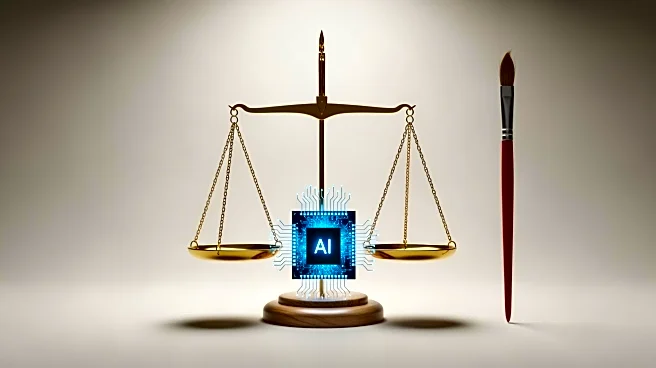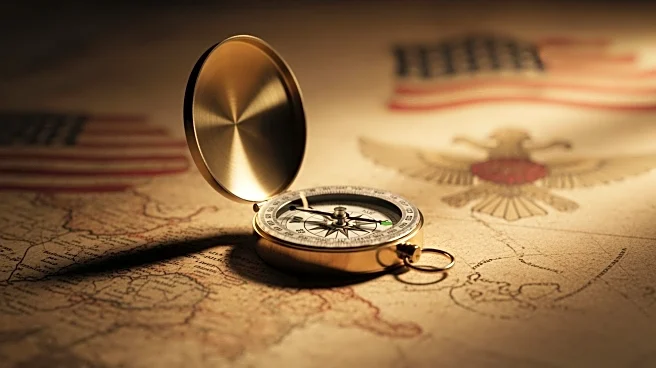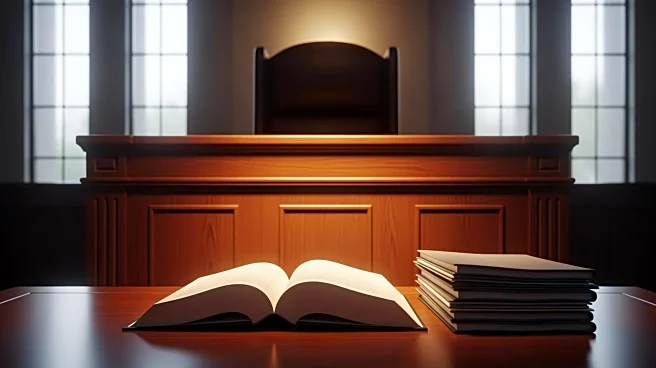What's Happening?
Stephen Thaler, a computer scientist, has petitioned the U.S. Supreme Court to review a case concerning the copyrightability of AI-generated art. Thaler's AI model, known as the 'Creativity Machine,' autonomously
created an image titled 'A Recent Entrance to Paradise,' which he attempted to register for copyright in 2018. The U.S. Copyright Office denied the application, citing the absence of human authorship. Thaler challenged this decision, but both the district court and the D.C. Circuit upheld the Copyright Office's stance. Thaler argues that the requirement for human authorship is not explicitly stated in the copyright statute, which protects 'original works of authorship.' He suggests that AI-generated works should be considered under the same principles as work-for-hire, where a corporate entity can be deemed the author.
Why It's Important?
The case has significant implications for the creative industries, particularly as generative AI becomes increasingly integrated into retail and other sectors. If AI-generated works are deemed copyrightable, it could lead to new frameworks for licensing, syndication, and reuse of creative assets. Conversely, if such works are not protectable, it may allow competitors to repurpose AI-generated content with fewer legal barriers. This decision will impact not only traditional artworks but also AI-assisted imagery, design work, and retail content, affecting ownership rights and the commercial lifecycle of creative outputs.
What's Next?
The Supreme Court's decision on whether to grant review will be pivotal. If the Court decides to hear the case, it could set a precedent for how AI-generated works are treated under U.S. copyright law. This could lead to changes in how creative industries manage and protect their intellectual property, potentially influencing legislative or policy adjustments. Stakeholders in the creative and tech industries are likely to closely monitor the case, given its potential to reshape the landscape of copyright law.
Beyond the Headlines
The ethical and legal dimensions of AI authorship are complex, raising questions about the nature of creativity and ownership. The case could prompt broader discussions about the role of AI in creative processes and the definition of authorship in the digital age. It may also influence international copyright standards, as other jurisdictions grapple with similar issues.








